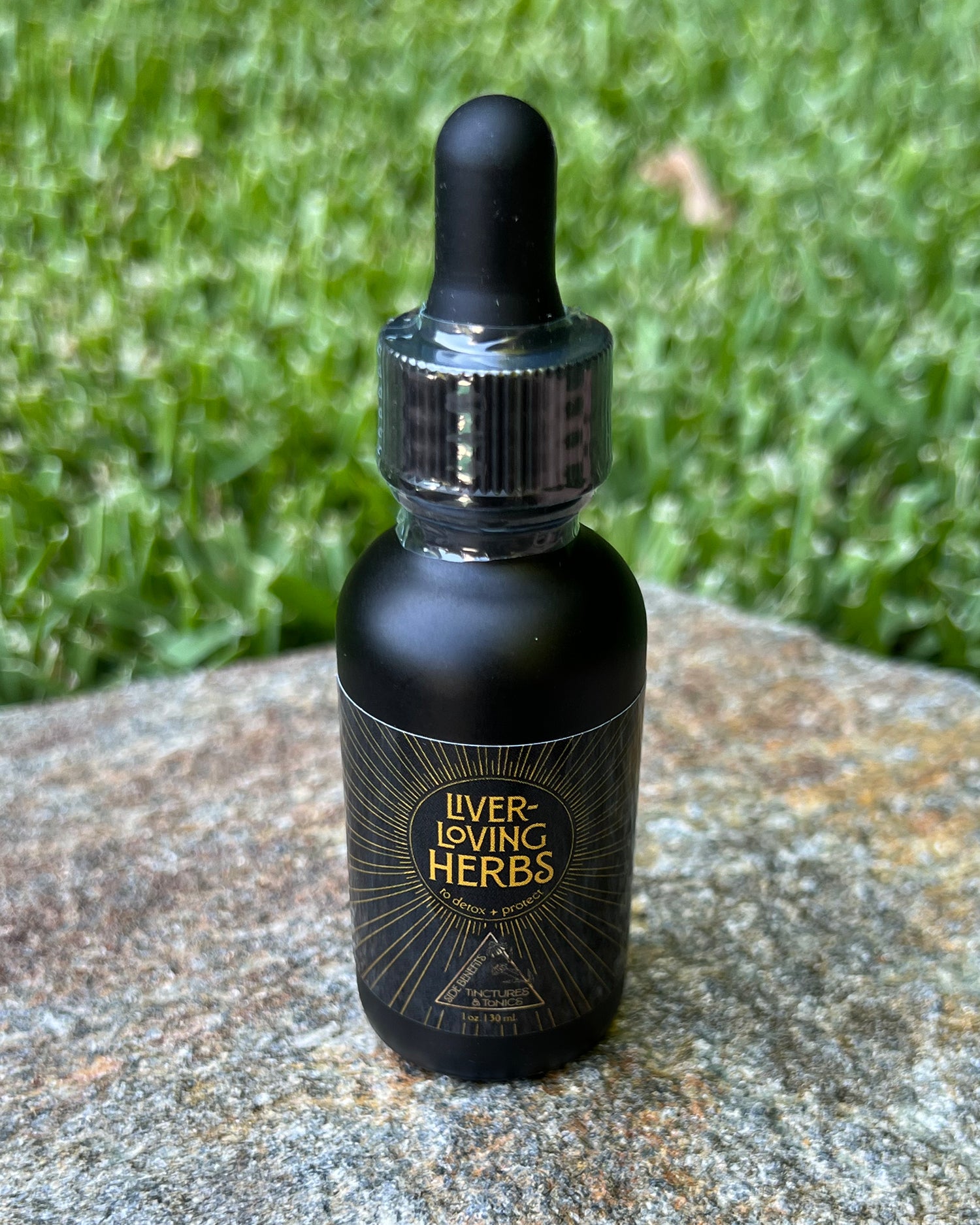Adaptogens are substances (medicinal herbs, roots, and mushrooms) that support your body by normalizing and optimizing your psychological and physiological responses to stress. Some also boost immunity, mental clarity, and overall well-being. They also have the potential to help indirectly with other issues such as chronic pain, digestive distress, blood sugar imbalances, and sleep issues. They have been used for thousands of years in traditions like Ayurveda and Traditional Chinese Medicine (TCM), but have been getting lots of attention as of late. So, what’s all the hype about?
Adaptogens are used around the world to help the body adapt to stress and support various physiological processes in order to bring the body back to homeostasis (balance). These super-plants literally adapt to your body’s needs to help you become more resilient to stress and anxiety, increase energy, calm the chatty mind before bed and support immunity. The mechanism of adaptogens appears to involve the hypothalamic-pituitary-adrenal axis (HPA axis) with resultant decreases in or normalizing of nitric oxide and cortisol, which are increased during times of stress (source). We rely on the optimal functionality of these glands, as we’re all stressed out and surrounded by hormone disruptors in our food, water, skincare products, and even our furniture or carpeting. Keep reading for the lowdown on some common adaptogens.
Reishi was traditionally used to help the body's capacity to handle stress and support your immune system – it’s also rich in cancer-fighting beta-glucans. Reishi mushrooms have been used in TCM for like, forever and are still part of standard cancer treatments in Japan and China. Reishi mushrooms help with: sleep, fatigue, high blood pressure, cardiovascular disease, asthma, flu, shingles pain, HIV/AIDs (source). Adaptogenic Reishi is also used to energize and enhance mood, and support cognitive function. To put it simply, consuming Reishi mushrooms can strengthen your body’s resistance to fend off pathogens all while putting you in a more “chill” state.
A parasitic fungus that grows on birch trees, Chaga mushroom (aka “the king of mushrooms”) is rich in polysaccharides and antioxidant properties to support gut health and your immune system. The Khanty people of 16th century Siberia drank Chaga mushroom medicinally to withstand the subzero temperatures of 6-month long winters (source). For good reason, Chaga has anti-inflammatory, antimicrobial, antidiabetic, hepatoprotective, antiarthritic, and anticancer activities (source). Today, you can harness the same restorative power of this centuries-old mushroom remedy for gastrointestinal, dermatological, and immune support. Chaga mushroom is great to consume to help keep you healthy and strong – avoid if you have a birch allergy.
Holy Basil (Tulsi) is considered sacred in India and they call it an “Elixir of Life.” For thousands of years, people of India prepare and sip Tulsi tea daily, as it is believed to help balance the chakras. For most of us, sipping a cup of Tulsi tea at night before bed is a safe and effective way to calm the nerves and is an ideal anti-stress tonic. Its benefits also include naturally decreasing anxiety, regulation of the HPA axis, and decreasing symptoms caused by hypothyroidism, blood sugar imbalances, and it may also help modulate the immune system. A 2017 study at RMIT University in Melbourne showing that the leaf extract of Tulsi increased cognitive ability in healthy people. Tulsi is an herb that promotes overall health and boosts longevity.
Ashwagandha is known as “The Queen of Adaptogens” and is derived from extracts of the roots of Withania somnifera, a low growing evergreen shrub that is endemic to India and Southeast Asia (source). Used widely in Ayurvedic medicine, this herb helps modulate your cortisol. Cortisol – aka your “stress” hormone – is produced by the adrenals on a daily cycle that is highest in the morning and decreases throughout the day to help us wind down for bed. Safe for most people (avoid if sensitive to nightshades), Ashwagandha adapts to support you when you’re working out by increasing energy, while simultaneously dampening the extreme responses you might have to unexpected stressors encountered throughout the day. Ashwagandha is a great addition to your wellness arsenal to promote overall longevity – especially if you think of yourself as an “anxious person” (source).
Eleutherococcus senticosus – aka Eleuthero (also known as Siberian Ginseng) – helps stave off mental fatigue, heightens focus, and improve your cardiorespiratory fitness by increasing oxygen saturation during exercise for greater endurance (source). Into keto? Eleuthero also helps with fat metabolization and utilization, providing you with energy during your workouts by helping your body burn fat for fuel. It is widely used as a tonic for fatigue in TCM.
Widely used in Peru, Maca has traditionally been used to boost fertility, energy, stamina, libido, and for various other nutritional purposes as it is a member of the cruciferous vegetable family. Tonifying and supporting to the endocrine system, Maca promotes a good mood and is balancing to the nervous system. This “hormonal adaptogen” also helps your body produce more progesterone if you are low (great for cycling females during their luteal phase and relieves symptoms for peri-menopausal women). For both men and women, Maca is an aphrodisiac (oooh la la) stemming from the fact that studies show it improves fertility and sperm count. It is advised to avoid Maca if you have a thyroid condition.
Used in teas and tinctures for its vibrant color and flavor, Schisandra Chinensis is tonifying and soothing to a revved-up nervous system. In the 1960s, the Russians studied Schisandra’s uses both medicinally and for its performance-enhancing properties on their Olympic athletes and astronauts. One Russian study found Schisandra “affords a stress-protective effect against a broad spectrum of harmful factors including heat shock, skin burn, cooling, frostbite, immobilization, swimming under load in an atmosphere with decreased air pressure, aseptic inflammation, irradiation, and heavy metal intoxication.” Clearly, this is a great one to try to enhance stamina, boost endurance, mental performance, and endurance for those long days at the home (or space) office.
Rhodiola is great to incorporate if you see yourself as the “active type” or if you regularly reach for coffee in the afternoon as it is a stimulating adaptogen that supports both stamina and physical endurance. A 2019 review of Rhodiola, noted multiple potential benefits in addition to improving physical endurance such as modulating chronic fatigue syndrome, improving the effects of cardiovascular disease, lessening anxiety, and enhancing cognitive ability. Who doesn’t want to optimize their mental alertness?
There really is an adaptogen for everyone. Adaptogenic plants are meant to be taken on a regular basis over time with the purpose of toning and optimizing your body’s systems. I also recommend rotating adaptogens every 4-6 weeks or so to see which ones you like better for different phases of life and levels of stress. As for dosing, start low and go slow. They are not habit-forming and the response can vary from person to person. Observe your own reactions as each individual will respond differently and you might have different reactions based on time of day and perceived stress levels. As a rule of thumb, if an adaptogen is stimulating, always take it before 2 pm. Before you start trying them, ask yourself, “What is my adrenic pattern?” This is really important to know before supplementing with an adaptogen because you don't want to inadvertently tip the scales the wrong way when you're attempting to balance yourself. I can run a simple and affordable Adrenal Panel for you if you’re looking to optimally adapt to anything life throws at you.






